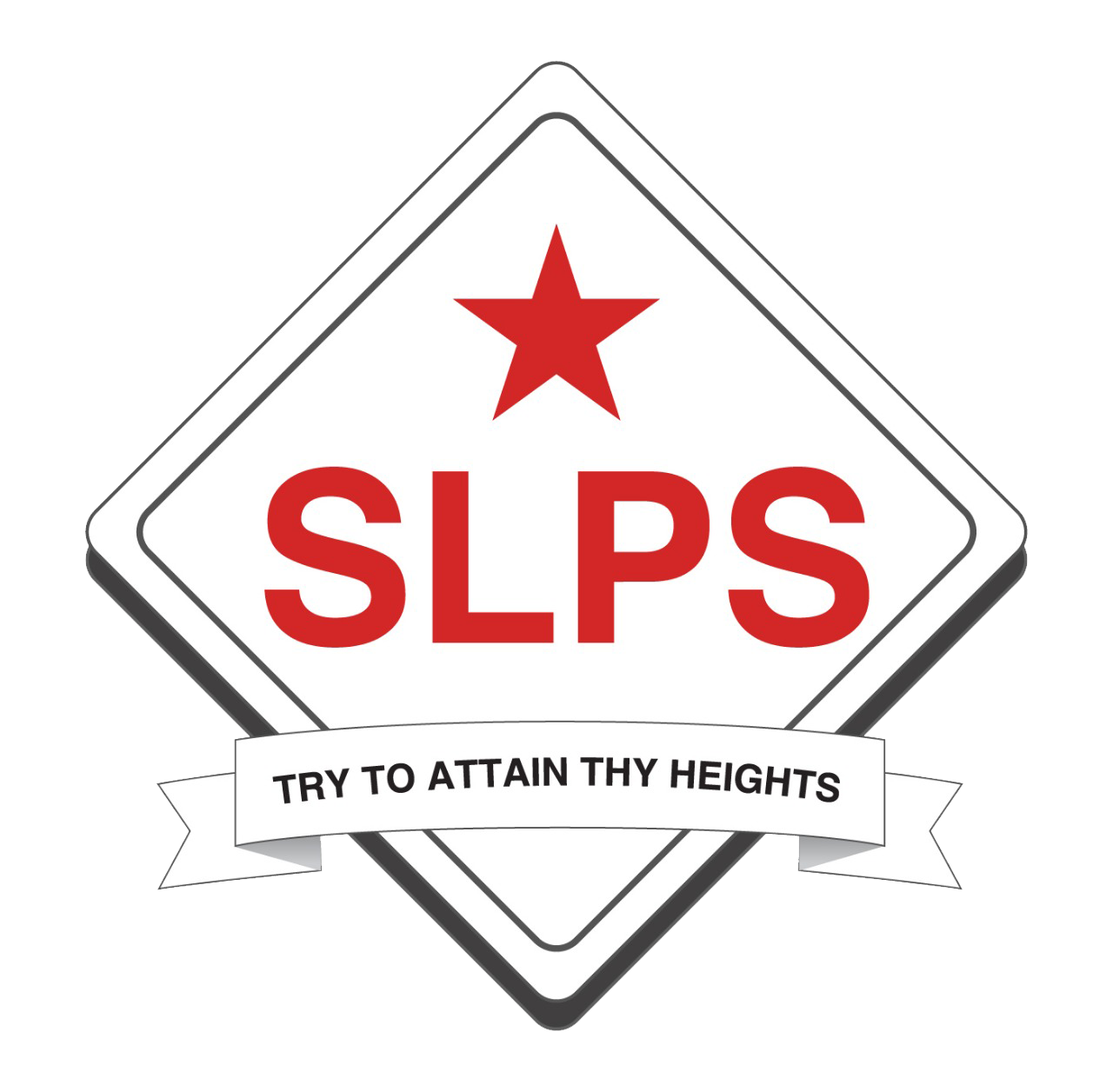
The Importance of Playschool: Learning Through Playful Adventures.

The first five years of a child’s life are crucial for a child’s holistic development. This is a well-researched scientific fact. Children start observing and learning behaviours as soon as they are born. Hence, providing a stimulating environment at home and outside of the home becomes imperative. In this blog, Silverline Prestige, one of the best preschools in Ghaziabad, answers important questions on why playschool is a consequential starting point in a child’s education.
Playschool is an informal school for children between the ages of 2 and 5. It imparts education that is solely play-based. It is a precursor to the formal years of education. A child spends three to four hours daily, engaging in free play and other unstructured activities at a playschool
How is playschool beneficial? Let's look at some key points.
Separation Anxiety: It is natural for a child to experience emotions like shyness, fear, and anxiety when they first step out of the comfort of a known environment to interact with a new environment and people.
It can be overwhelming for the parent and the child to be parted for the first time. Yet, it is an inevitability we have to prepare for. Trained and experienced teachers at playschool ensure that a child is well cared for and overcomes the anxiety of a new environment.
Social Skills: Peer-to-peer interaction helps children learn important social behaviours like collaboration, cooperation, and creating and respecting boundaries. Navigating these key social skills is important for overall personality development. For example, a child learns how to lead a group or how to deal with someone’s unpleasant behaviour.
Emotional Skills: Children learn to regulate their emotions. Through different activities and demonstrated behaviour, children learn crucial emotional skills like empathy, kindness, and forgiveness. Through pretend play or during story time, teachers help children process a range of emotions.
Motor Skills Development: Through outdoor play and carefully curated motor activities, children develop fine and gross motor skills.
Playing with sand, moulding clay, colouring, and lacing are examples of a few such activities that strengthen motor skills.
Cognitive Skills: Introduction to concepts through play ensures active interest from a child. There is organic learning through observation and repetition. During this play, the child picks up critical thinking skills, inquiry skills, and creative skills.
Developing Communication and Language Skills: Through interaction with adults and peers, children expand their vocabulary. This vocabulary constitutes the things they observe and talk about. They also learn to communicate their needs and express their emotions.
Preparation for formal schooling: Playschools prepare children to confidently stride into their formal school learning years. Children become comfortable following the routine required to attend a formal school.
What makes Silver Prestige one of the best playschools in Ghaziabad?
In recent times, playschools have mushroomed everywhere, even operating via apartments. This is an alarming trend.
A playschool requires teachers to have a formal qualification in early education. This ensures that the free and unstructured play is guided and yields predetermined results. Parents must conduct thorough checks and balances before settling in for any playschool.
At Silverline Prestige, we follow a well-researched curriculum.
Our eminent principal, Dr. Mala Kapoor, has earned a doctorate in child development. NCERT bestowed her with an award for developing a curriculum for pre-schoolers. This further showcases her expertise in the field of early education.
- Silver Stars, our playschool, follows a curriculum that focuses primarily on activities and experiential learning.
- At Silver Stars, toys and activities are thoughtfully selected to foster a stimulating environment.
- Research-backed activities ensure the child learns without pressure and with joy.
Field activities like trips to fire stations provide first-hand experience to learn and elicit curiosity. - There is no rote learning or writing; our curriculum follows guided play and structured activities to foster unfettered learning in a loving environment.
- Our teachers are skillfully trained in understanding and managing the range of emotions a child experiences when away from home.
A playschool is a second home for your child and hence needs to be judiciously selected. A school that derives its curriculum from established research in early education and provides learning in an assured environment should be the justified choice.

Silverline Prestige School, Ghaziabad
Recent Posts


Nutrition for school-going children: What’s on your child’s plate?

Green Clean Globe: A Tree Planting Initiative by Silverline Prestige.









